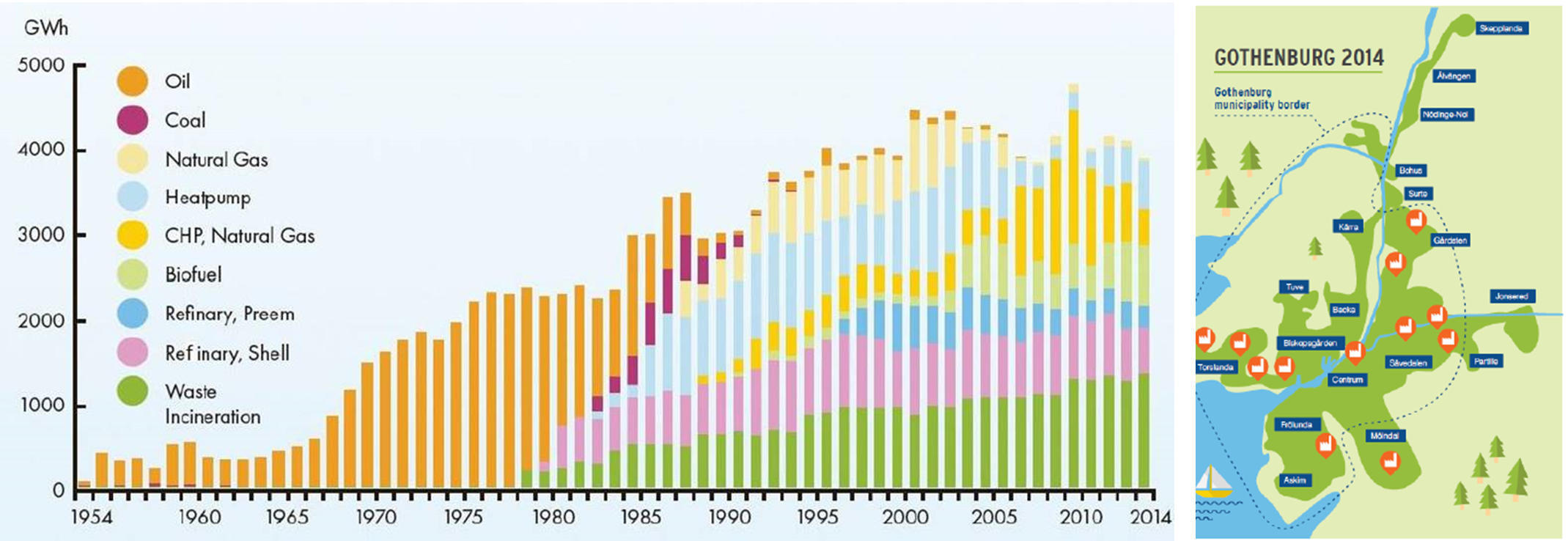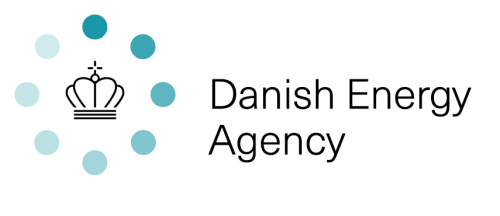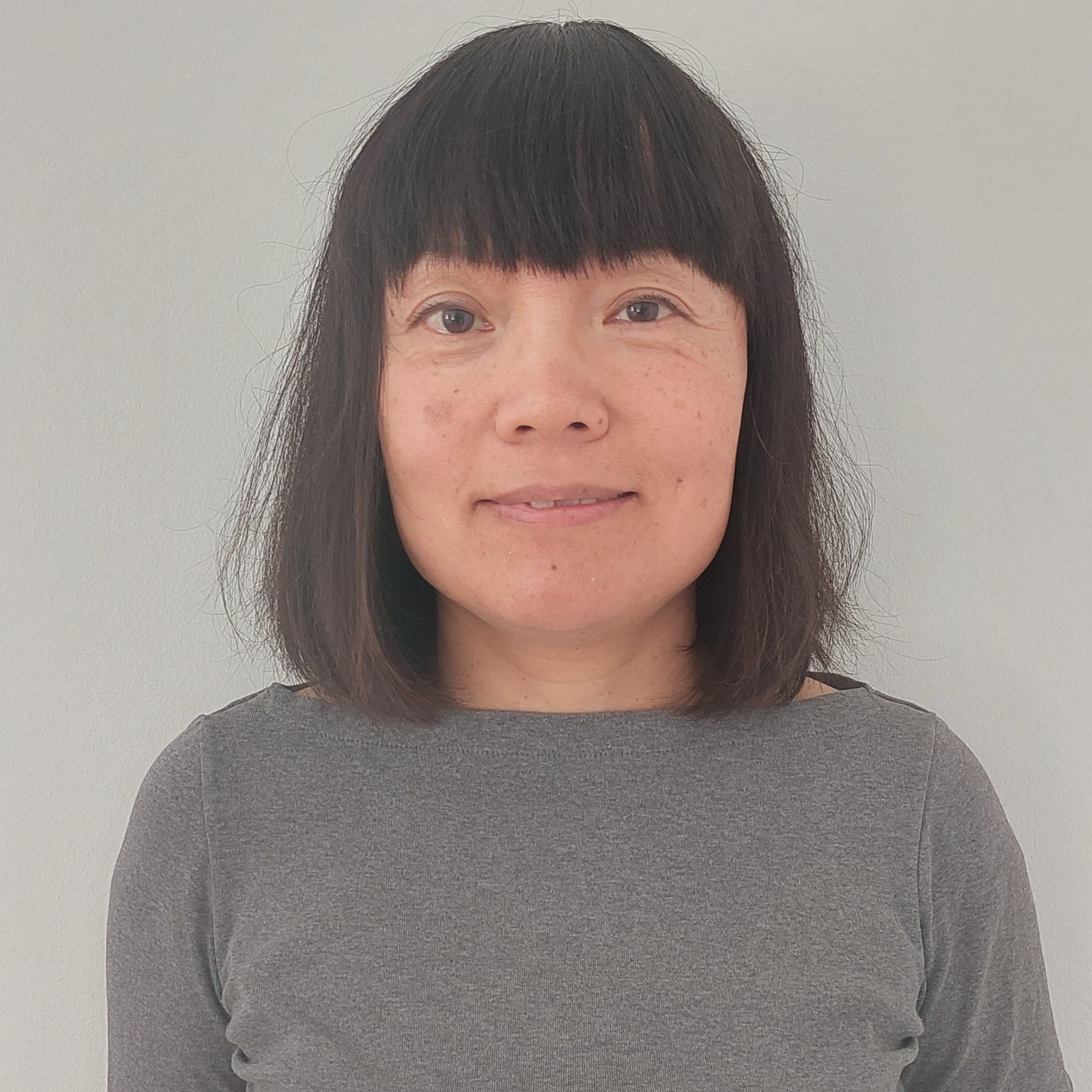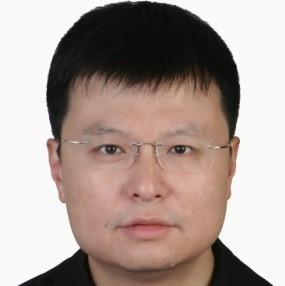Gothenburg, one of the main industrial cities in Sweden, faced several strategic energy challenges in the 1970s as their district heating traditionally ran on oil. There was a dual pressure as the OPEC oil crises were driving up prices for heating, and burning oil in the district heating system was one of the major contributors to local air pollution.
To move forward, the city used its district heating infrastructure to bring on other sources like waste incinerators, industrial excess heat, waste heat from power plants, large heat pumps, biofuels and biogas.
The main initiatives to transition the district heating networks included:
- Consolidation of the system by connecting the 8 separate systems in the city into one connected network. This also supported step-wise expansion and renovation.
- Diversifying supply by adding in heat from waste incineration and from the oil refining processes, first in the late 1970s and then a further facility in the 1990s.
- Investing in a large-scale heat pump to profit from cheap (night time) electricity prices, from the early 1980s onwards.
- Ongoing use of more diverse and smaller thermal facilities such as natural gas CHP, gas and biofuel boilers, and various backup capacities.
Having district heating systems provides cities with a reliable infrastructure to switch to adapt to the different challenges of energy security, air pollution and decarbonisation by integrating different low-carbon and often less expensive fuels such as waste heat.

Today, the city’s diversified system has a high degree of coverage and supplies 90% of the city with heat that is 95% clean and low carbon, based on waste and excess heat, CHP, heat pumps, and renewables. Development is still taking place through trials and pilot projects, including next-generation large-scale heat pumps, heat accumulators, and district cooling to support fossil-fuel phase-out by 2025. In addition, the city actively uses national and European projects to investigate alternative uses of district heating, such as connecting white goods (washing machines) to the district heating systems and supplying cruise ships in the harbour with warm water from the district heating system.
Share this
Sector: District energy
Country / Region: Sweden
Tags: accumulators, air pollution, electricity generation, heat storage tanks, liquid biofuels, pollution, projects, ships, waste heat, water resourcesIn 1 user collection: Sino-Danish Clean and Renewable Heating Cooperation Centre – Library
Knowledge Object: User generated Initiative
Publishing year: 2022




